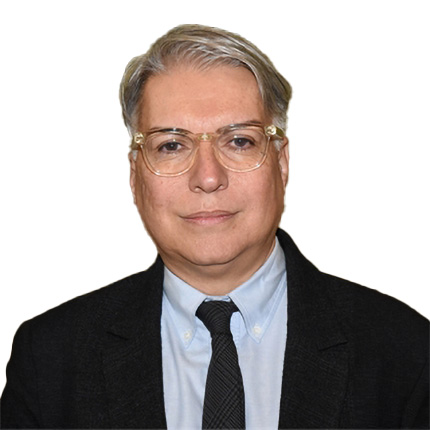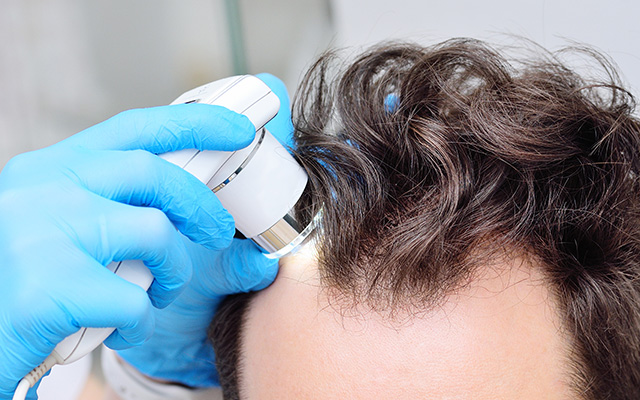

Prof. Dr. Alexander Katoulis
Saturday, 18 May
10:00 CEST
Artificial Intelligence (AI), a field within computer science devoted to creating systems that replicate human-like intelligence, has made remarkable strides in diverse healthcare domains, notably impacting Dermatology. In the specific context of understanding and managing hair disorders, AI plays a pivotal role, instigating transformative changes in diagnosis, treatment, and research.
In the domain of trichoscopy, AI’s contribution to automated image analysis stands out. Trichoscopic images, capturing intricate details of the scalp and hair follicles, are swiftly processed and interpreted by AI algorithms, particularly those utilizing deep learning techniques. This precision surpasses traditional diagnostic methods, enabling AI to recognize a broad spectrum of trichoscopic patterns associated with conditions like alopecia areata and androgenetic alopecia.
Furthermore, AI enhances the quantification of trichoscopic findings by automating measurements of parameters such as hair density and shaft diameter. This provides objective and standardized assessments, facilitating accurate diagnoses and enabling dermatologists to monitor changes over time, track treatment progress, and assess intervention efficacy for conditions like alopecia.
The integration of AI with patients’ electronic health records facilitates seamless data sharing and analysis, streamlining not only tele-dermatology consultations but also contributing to the continuity of care. AI-powered educational tools support dermatologists and healthcare professionals in trichoscopy training and skill development through virtual simulators enriched with AI-driven algorithms.
Looking forward, the promising implications of AI in trichoscopy include enhanced automation, faster diagnosis, and improved patient outcomes. However, ethical considerations, such as patient privacy and algorithmic bias, are crucial. Responsible development and implementation of AI applications are essential to maintain public trust and safeguard patient well-being, highlighting the evolving synergy between AI and dermatology in reshaping the approach to various hair disorders.


